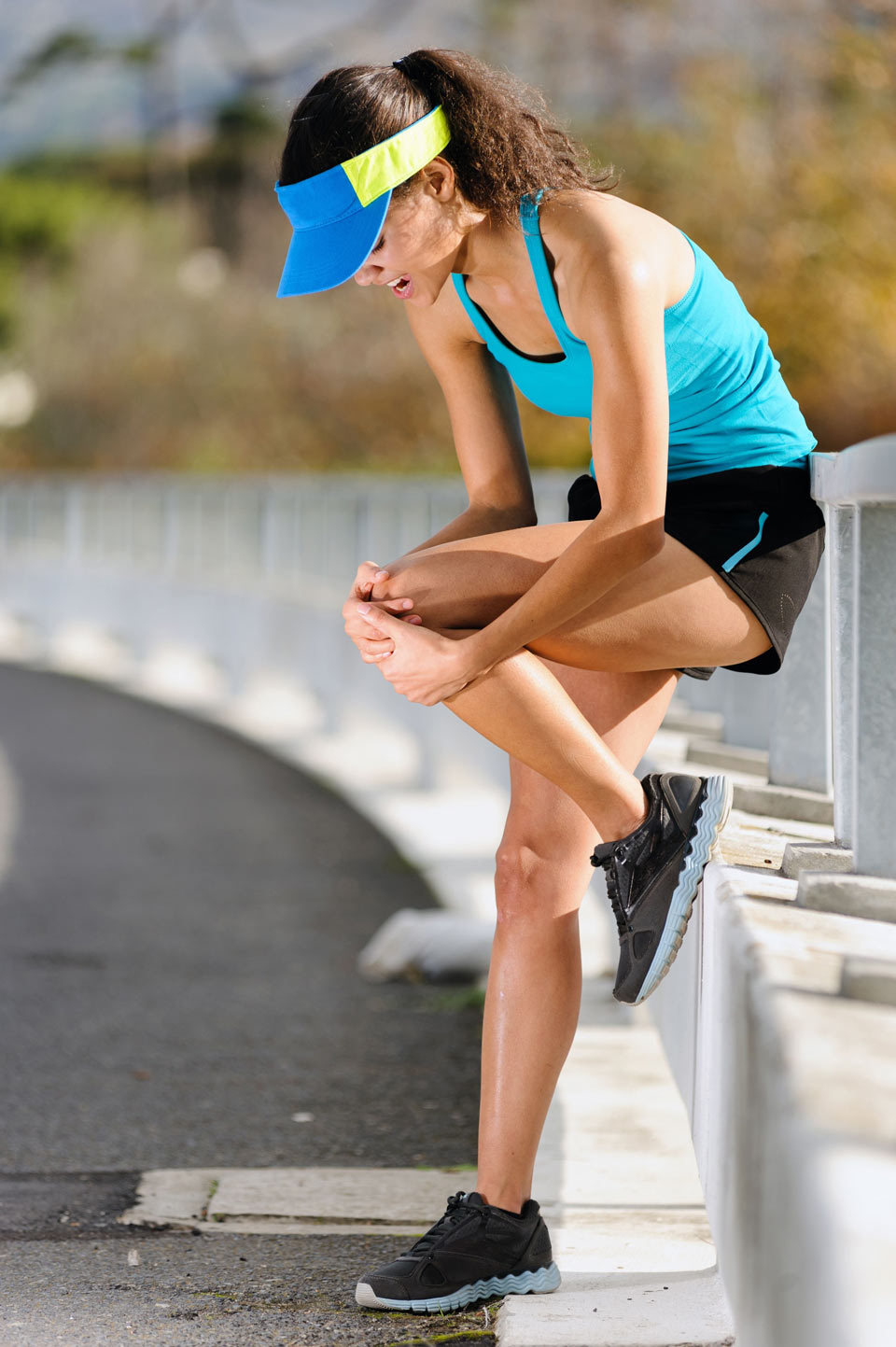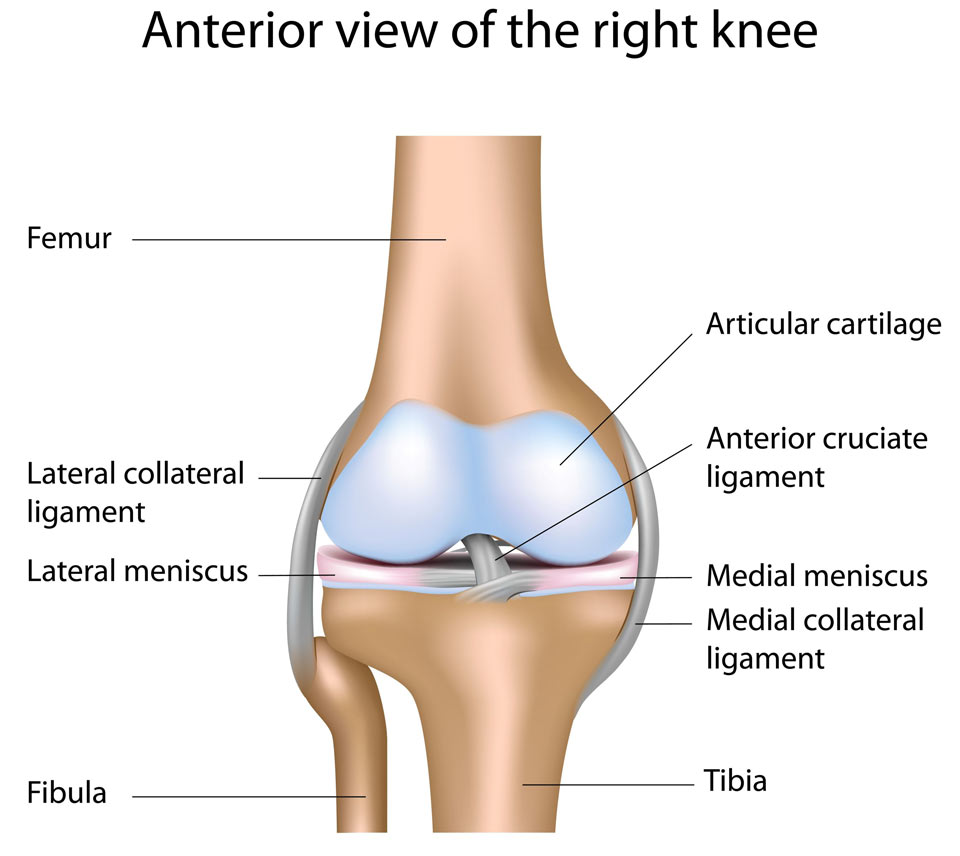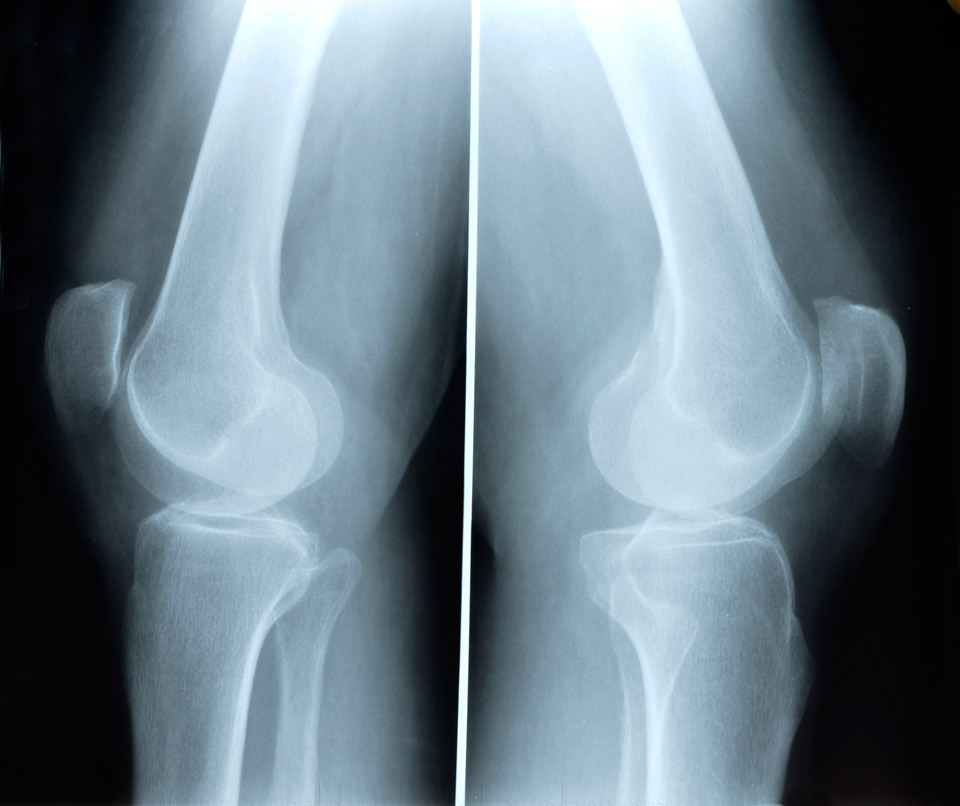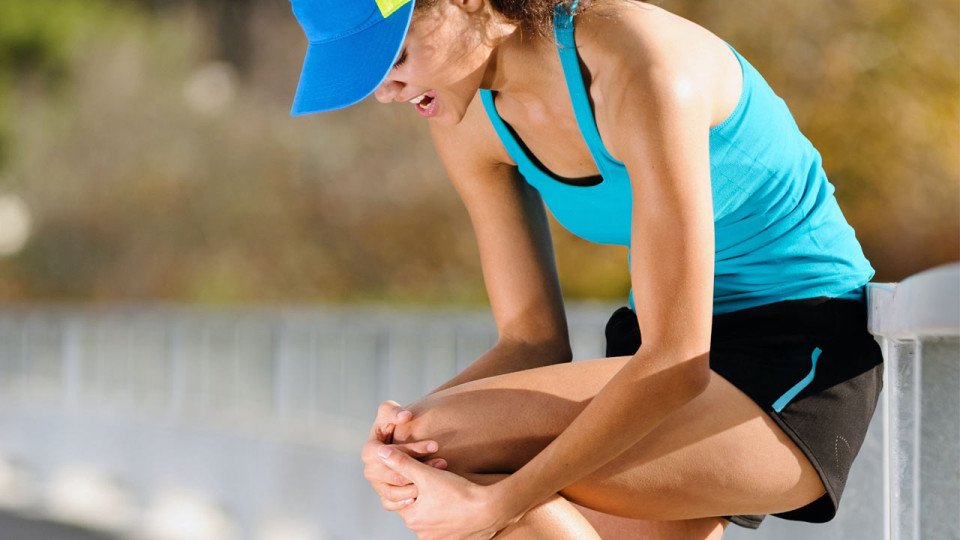The Standard Chartered Marathon Singapore 2013 is just around the corner, and we are just as pumped up as you to run at one of the biggest marathon events in Singapore.
Mr. Yeo Yen Sun, Head of Physiotherapy and Rehabilitation at the Singapore Sports Institue, has over 15 years’ experience in physiotherapy. With a Bachelor’s Degree in Physiotherapy and a keen interest in musculoskeletal and sports physiotherapy, Yeoh has been a physiotherapist at the Singapore Sports Council for over 9 years.
His most rewarding accomplishments include being physiotherapist for world-class badminton player Ronald Susilo when he won the 2004 Japan Open, and head physiotherapist for the 2008 Beijing Olympics for the swimming team when Tao Li came in fifth place.
Yeoh shares his considerable expertise on a subject many runners struggle with: the “runner’s knee”.

Many runners complain of constant pain in the knee, otherwise known as “runner’s knee’. What exactly is the cause (or causes) of it?
There is no one cause that directly leads to knee pain. Depending on the individual runner’s body, different factors can lead to runner’s knee, which is also known as patellofemoral pain. These causes include:
- Direct injury to the knee, especially the kneecap. E.g. falling on the knees, hard blow or dislocation of the kneecap.
- Overuse injury i.e. high training load without sufficient recovery.
- Patella (kneecap) mal-alignment resulting from
– Muscle imbalance e.g. weak medial quads muscle, weak gluteal muscles
– Muscle tightness found in the hamstrings or Iliotibial Band (a layer of fibrous tissue crucial for stabilising the knee during running)
– High “Q” angle, predominantly in woman
– Excessive pronation of the foot (predominantly in those with flat feet) - Poor biomechanics in running technique and posture, such as poor hip or foot control.

How often do you deal with “runner’s knee”?
Runner’s knee is also prevalent in many sports other than running, such as netball, basketball, fencing and badminton. About 2 in 10 of the athletes we treat suffer from runner’s knee as we deal mainly with national athletes from a large variety of sports. The statistics should be higher in hospitals or private practice as running is a very common sport amongst the Singapore population and they will usually seek treatment at these clinics.
Women are also no strangers to knee pain. Do you see more men or women suffering from runner’s knee?
Women are generally more susceptible to runner’s knee because of a higher “Q” angle. Q angle is the angle at which the femur meets the tibia. Due to females having a generally wider pelvis in than males, the higher Q angle makes running less biomechanically efficient. This puts more stress on the patella-femoral joint of the knee, making women more susceptible to knee pain from running.
Will people with runner’s knee have to bear through the pain? When should you see a doctor for it?
The good news is that a runner suffering from runner’s knee would not have to continue to bear with the pain indefinitely, if the signs and symptoms are recognised early and treatment is sought.
However, if the runner ignores the symptoms and persists with running through pain, he or she risks causing irreversible damage to the knee.
Treatment at this stage only serves to manage the knee pain. Depending on the severity of damage by then, the runner would likely still be able to run, though not as far and as often as he or she would love to.
You should consult a doctor when you start to experiencing the following signs and symptoms:
- Persistent discomfort or pain during running or walking down stairs.
- Knee stiffness in the morning or after prolonged inactivity.
- Persistent non painful swelling after running.
- Persistent “clicking” sounds during squatting or going up or down stairs.
- Knee is painful during initial warm up before a run.
Do you have any advice for runners and women, especially, to prevent runner’s knee in the first place?
If you like to run and would like to do it consistently without any knee pain, there are some things to take note to make keep your knee healthy so that you can keep enjoying your runs:
- If you are moderately overweight, bring down your weight first before starting to run. Using running to cut down moderately excessive weight is highly detrimental to your knee.
- Seek out a sports physiotherapist to do an assessment for you to determine your risks and how to you can manage them. Their services will include finding out which shoe type is better for you, what your weaker muscles are and how to strengthen them, and assessing your running posture and biomechanics.
- Do not ignore any signs and symptoms your knee may be telling you that it is overstressed and in pain. When it comes to your knees, it is NOT a case of “no pain, no gain”!
- Running can be highly addictive. You do not need to go for every runs, or marathons that is organised year round in Singapore. However, if you would like to do so, please have a proper training and running program or risk injuring your knee and getting a time out when you are close to your goal.

The Standard Chartered Singapore Marathon 2013, which is the the biggest marathon of the year, is just around the corner. What would you say is the most common mistake that people make while training for a marathon? How would you prevent it?
Personally, I feel that the most common mistake a runner training for a marathon makes is not knowing his or her body well enough i.e.not knowing the potential landmines until too late. Some, if not most serious runners will scour the internet for a running program to help them prepare for the marathon.
However, many are unaware that if he or she has muscle imbalance or poor body control and runs with poor biomechanics, he or she will usually end up with knee pain at some point in the training and mistake it as no pain no gain and carry on running through pain. At this point in time, the pain might be so great that running a marathon is no longer possible until the pain has resolved.
Preventing this is not difficult. In addition to a good running program, serious runners should seek a sports physiotherapist to have an in-depth musculo-skeletal and running posture assessment to address any potential land mines before plunging into a hard running program.





